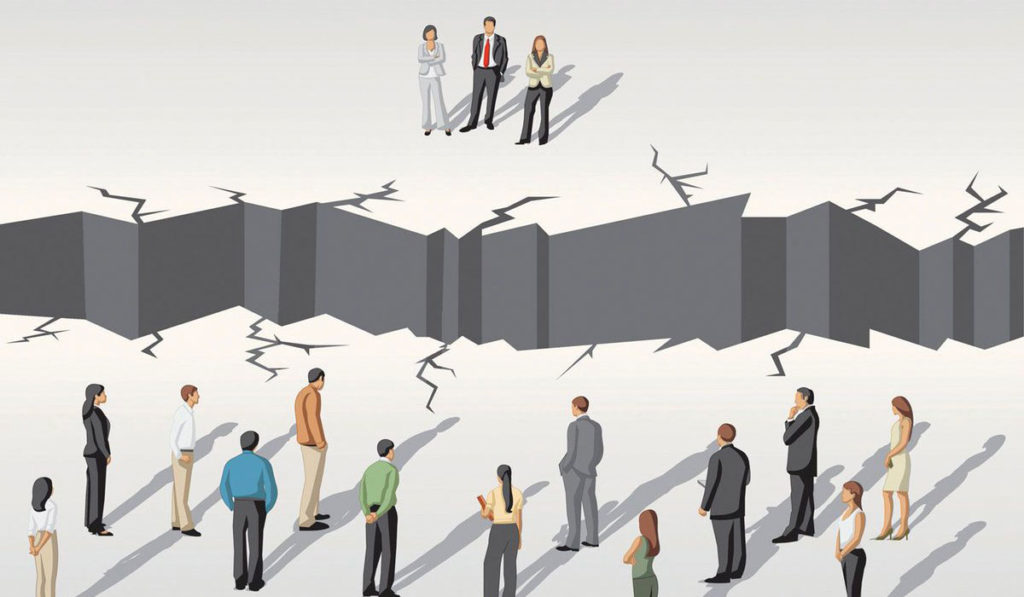
The skills gap is real, and now may be the perfect time to start fixing it. The “skills gap” is defined as a mismatch between the skills that employers rely upon in their employees and the skills that job seekers possess. This mismatch makes it difficult for individuals to find jobs and for employers to hire appropriately trained workers.
Unfortunately for the HVAC industry, and other trades, this is a far-reaching, systemic problem as the supply of skilled labor has not kept up with industry growth over the past two decades. According to Build Your Future Arizona, the skills gap in the state’s construction industry is projected to hit 150,000 by September 2022.
Despite open positions with high earnings potential and job security, millennials and post-millennials are not choosing the HVAC industry or other skilled trades in the same numbers seen from previous generations. At the same time, the Bureau of Labor Statistics indicates that employment growth for HVAC is projected at 4 percent from 2019 to 2029.
While one might think the pandemic would ease this problem, that is not necessarily the case. The need to fix the country’s infrastructure is not going away, nor is the need for skilled tradespeople to maintain the HVAC, plumbing and other systems that power hospitals, offices and factories that allow Arizona businesses and the country to run.
The skills gap is big enough that one company or even one industry can’t fix the problem alone. It takes a concerted effort across all industries to raise awareness and to implement solutions.
How Did We Get Here?
For years, a four-year college has been thought to be the only path to a well-paying career. While there is nothing wrong with that, other paths to a prosperous future were looked upon with a level of disdain, and, as a result, the trades fell deeply out of favor. Arizona, and the country, have lost an entire generation of younger people entering the trades and are now experiencing a profound deficit of skilled talent.
Couple that with an aging workforce as baby boomer HVAC technicians and installers are preparing to retire in the next 10 years, taking all their knowledge with them — and we have a real problem. According to the Copper Development Association, more than one half of America’s trade professionals are near retirement age, and the problem of an aging workforce is obvious: Where are the workers to fill these vacant positions in the HVAC industry and the trades in general?
There are some strides being made, such as Gov. Doug Ducey last year proclaiming February as Career and Technical Education Month in 2019 to recognize the importance of preparing students for college or a career after graduation. This effort should be applauded, but the problem is bigger than that.
Perception Is Everything
There is also a perception problem as many students and parents see the HVAC industry and trades in general, negatively. As the EGIA Foundation found in its 2018 study, Bridging the HVAC Employment Gap, 64 percent of students believe HVAC is not a career or job that would make a parent proud. The entire community needs to recognize the long-term effects this labor deficit can have on everyday life and make a concerted effort to solve the problem.
How Does this Labor Shortage Affect Us?
These negative perceptions can have real world consequences. With a lack of skilled workers, builders have to pay more for labor and often experience project delays, which in turn increases prices for both commercial and residential real estate. According to the Associated General Contractors, 86 percent of employers struggle to fill hourly or salaried positions.
The skilled trades gap also has implications at home when hiring skilled service providers. Whether the need is for an HVAC repair person, plumber or electrician, finding a service provider who is good at their job may prove difficult. That usually means waiting a long time for someone to show up, even in an emergency, or settling for mediocre services because the other option may be no service at all. Unfortunately, many end up with lower-quality work, which can be dangerous and costly.
How Can We Solve the Problem?
With the pandemic wreaking havoc on many careers, this could be the perfect opportunity to pivot into the trades. If the pandemic taught us anything – it is the need to have a job that is considered essential, which many trade jobs have been classified by the Federal Government. A tough lesson to learn for most but one that many should heed. With jobs needing to be filled in the trade sector and many people in need of a good stable career, it could be the perfect fix.
 David Lee is chief operating officer of National Technical Institute (NTI), a trade school in Phoenix offering fast-track education for careers in HVAC and plumbing.
David Lee is chief operating officer of National Technical Institute (NTI), a trade school in Phoenix offering fast-track education for careers in HVAC and plumbing.
Did You Know: HVAC work can now require knowledge of sophisticated technology, as predictive maintenance is revolutionizing the upkeep and maintenance of HVAC technology. Smart HVAC technology senses data on air quality to be able to predict the right time for maintenance. From remote controls to controlling your HVAC system via voice commands, HVAC also needs tech savvy pros.














